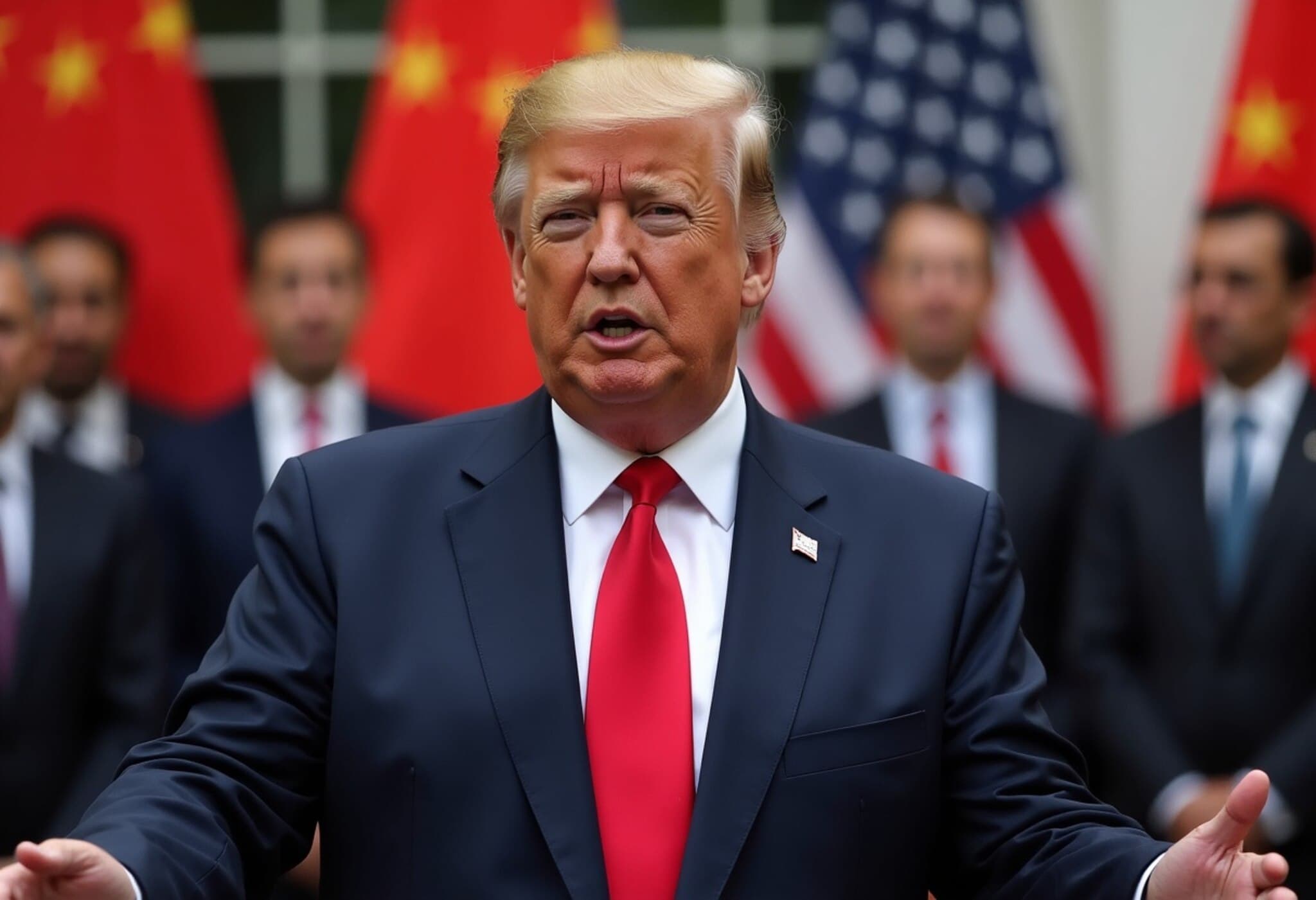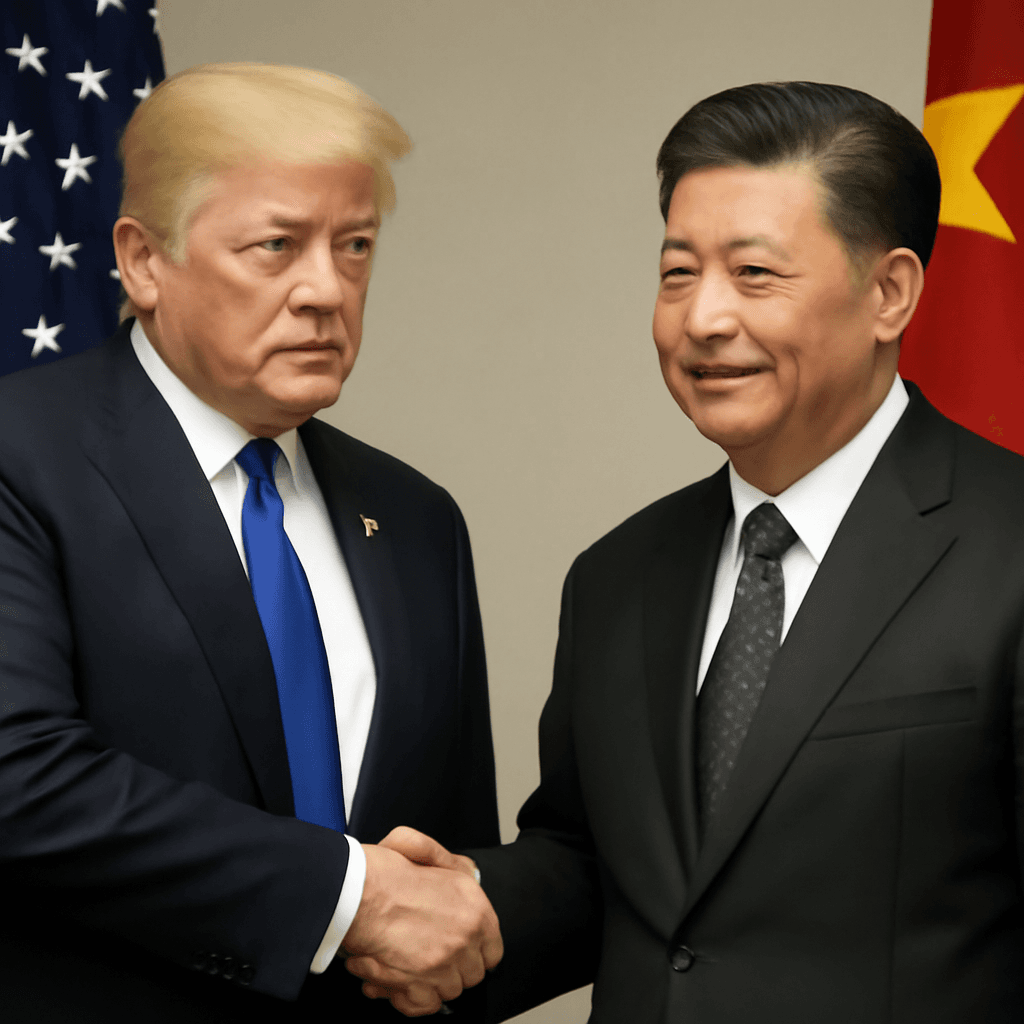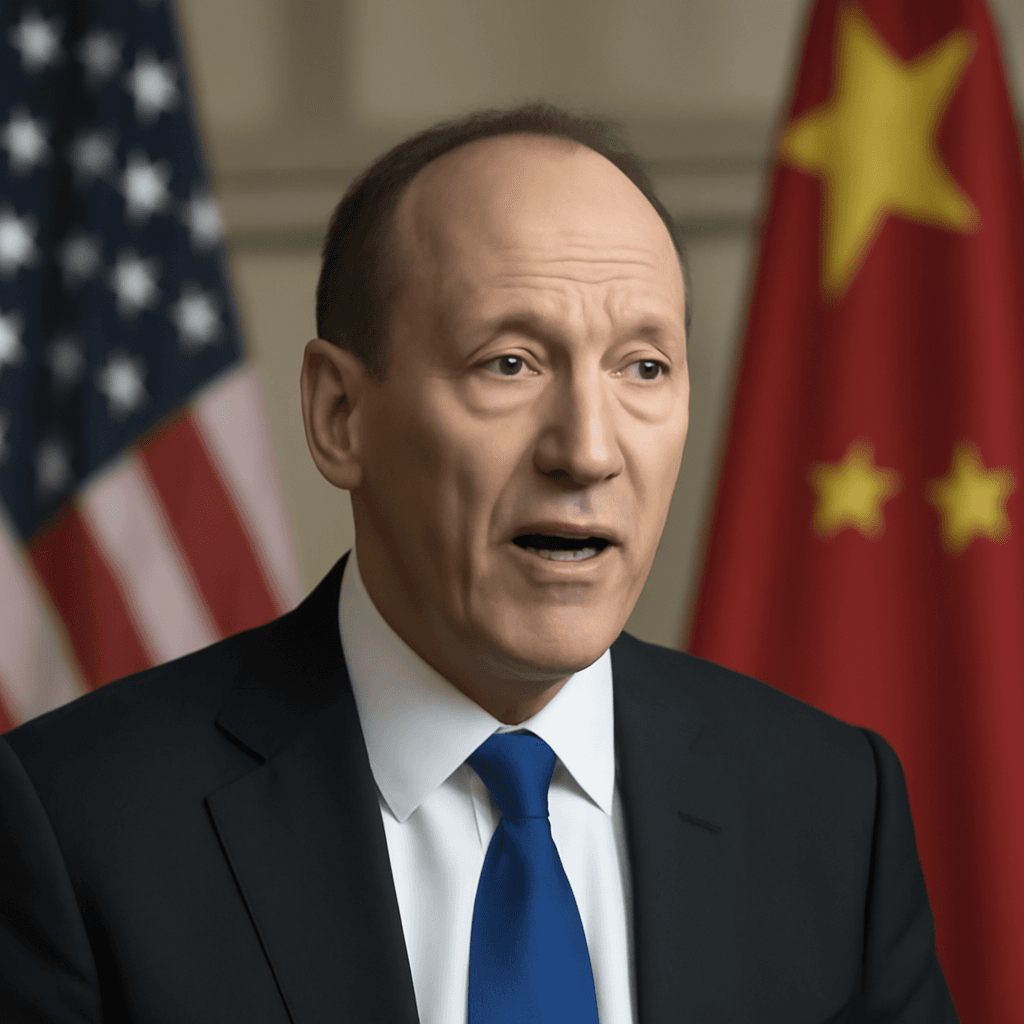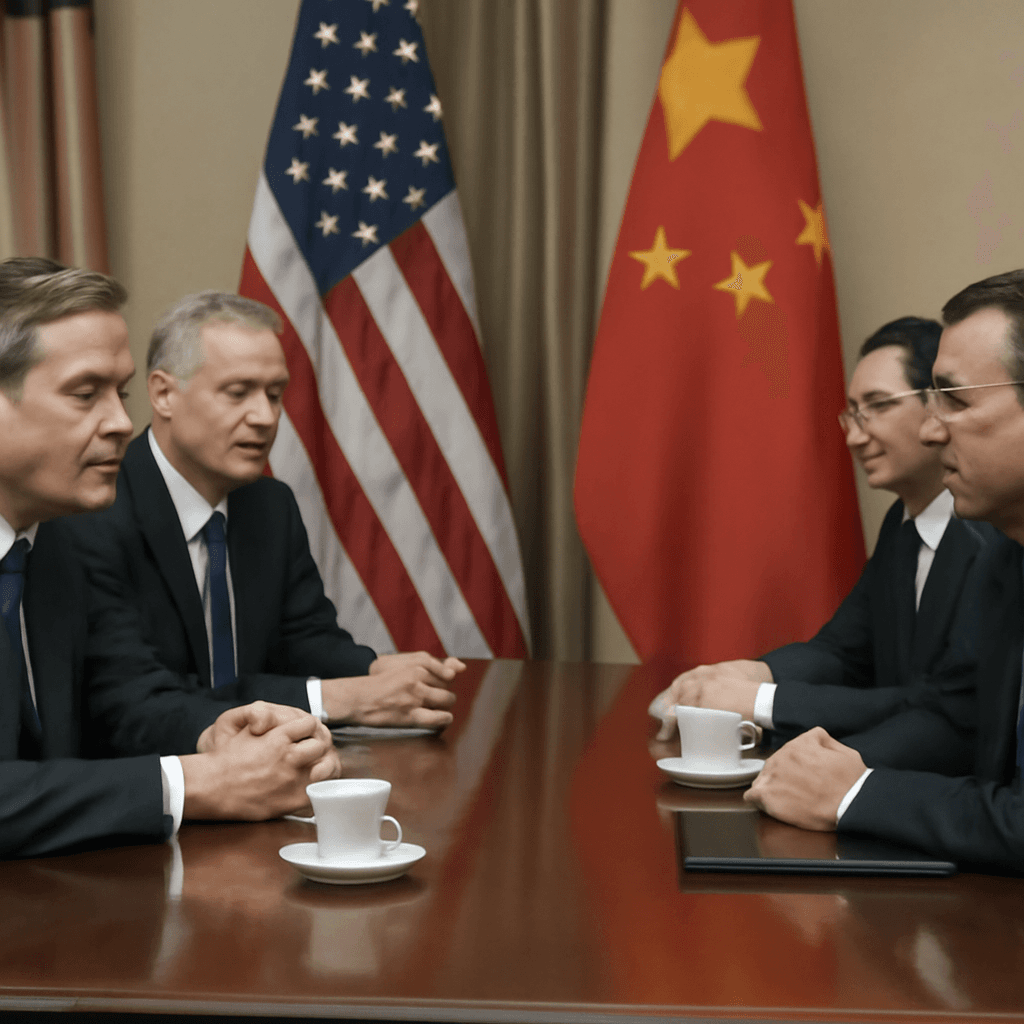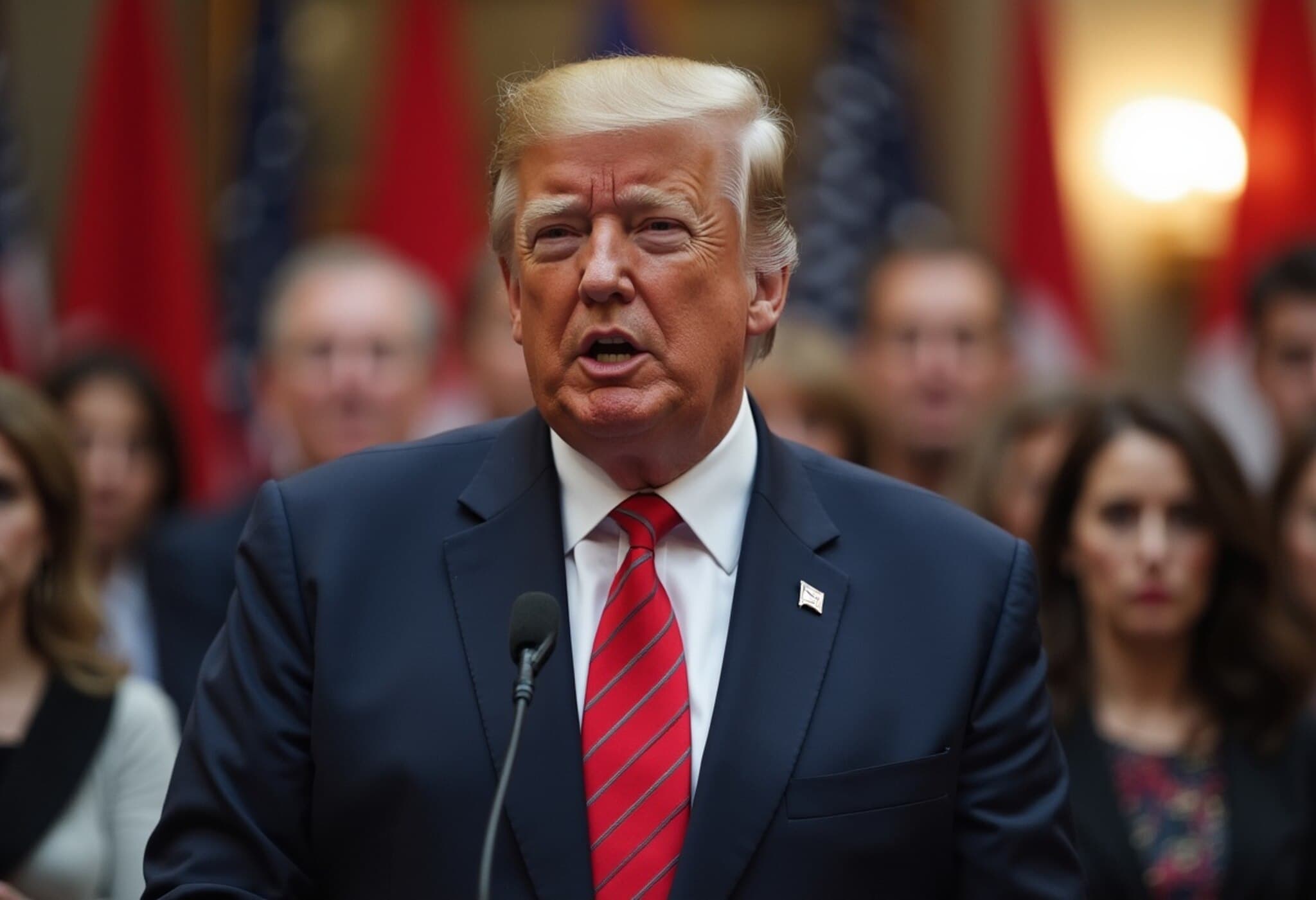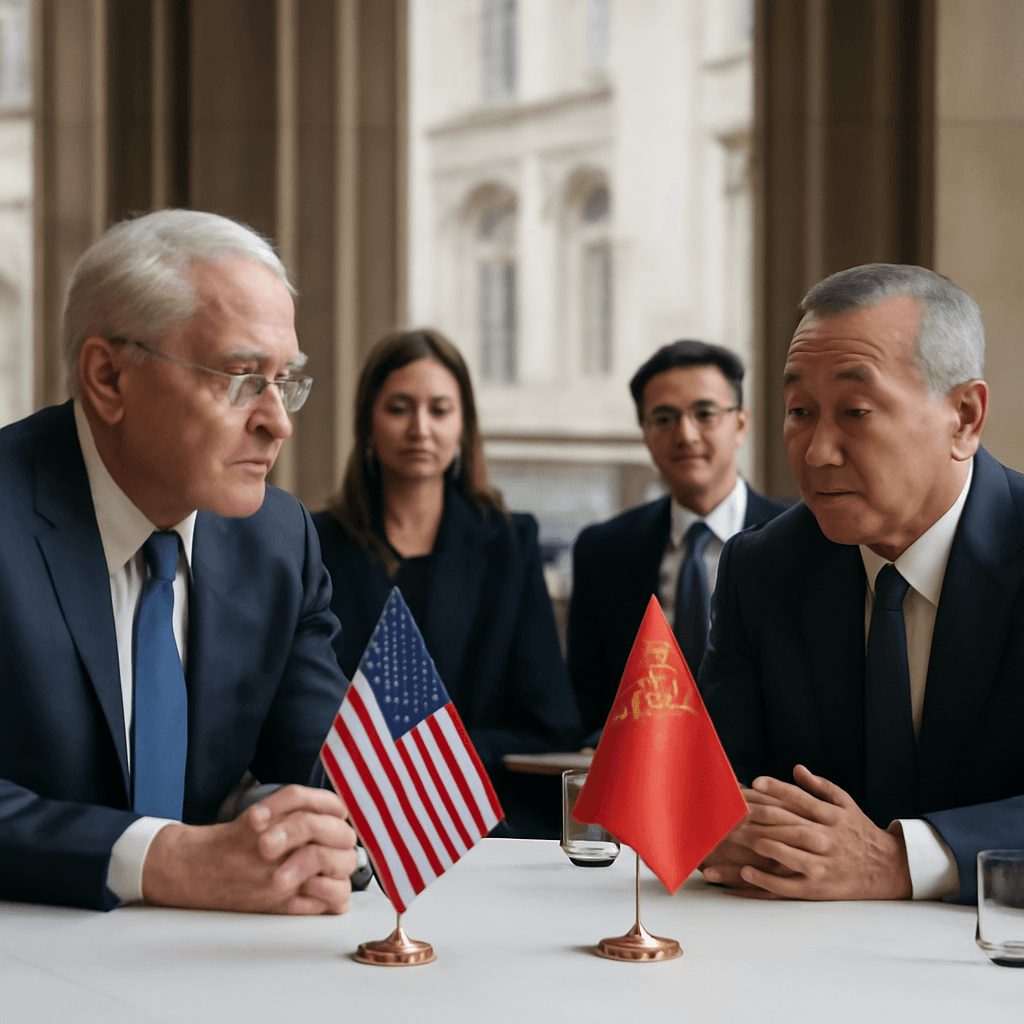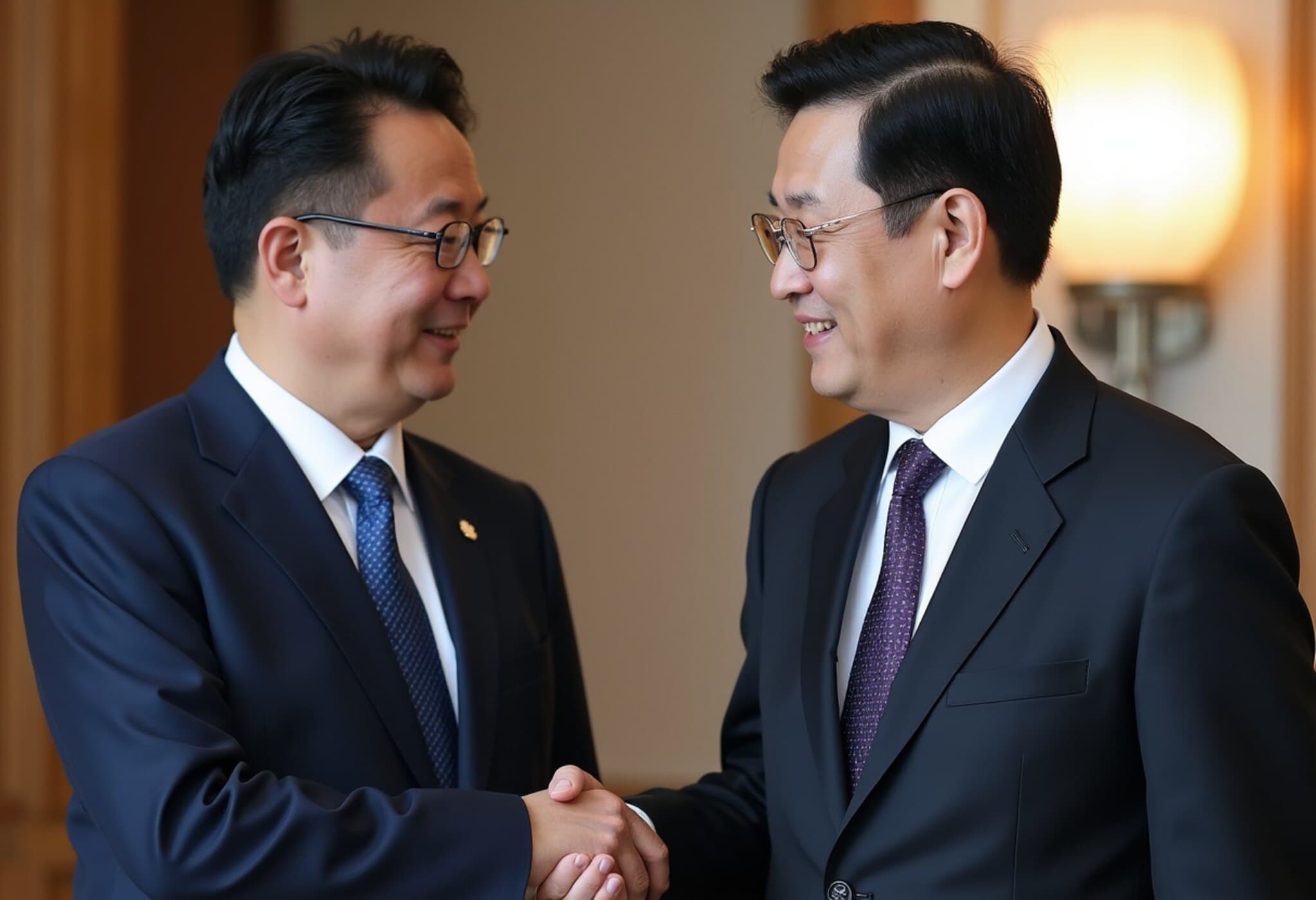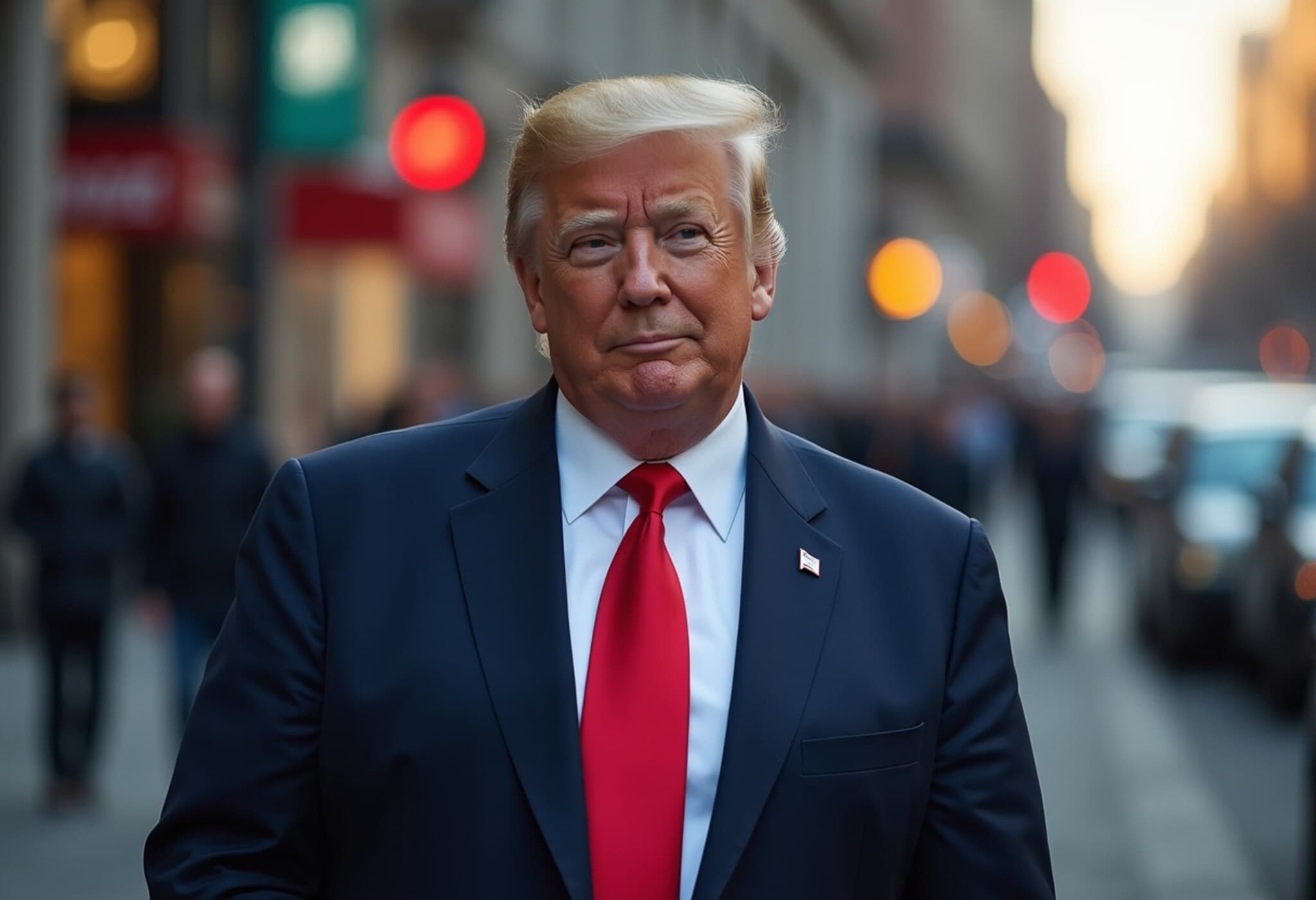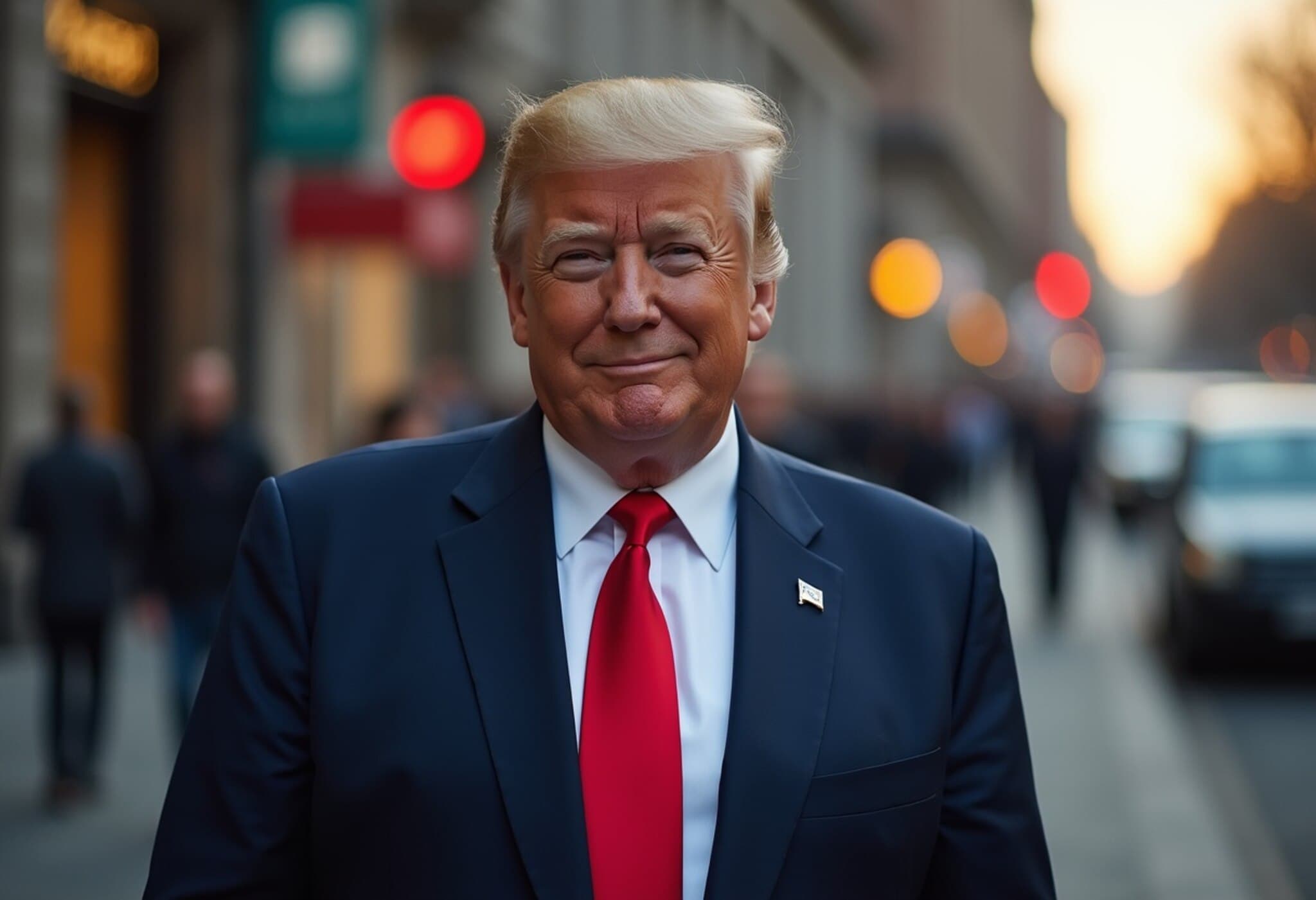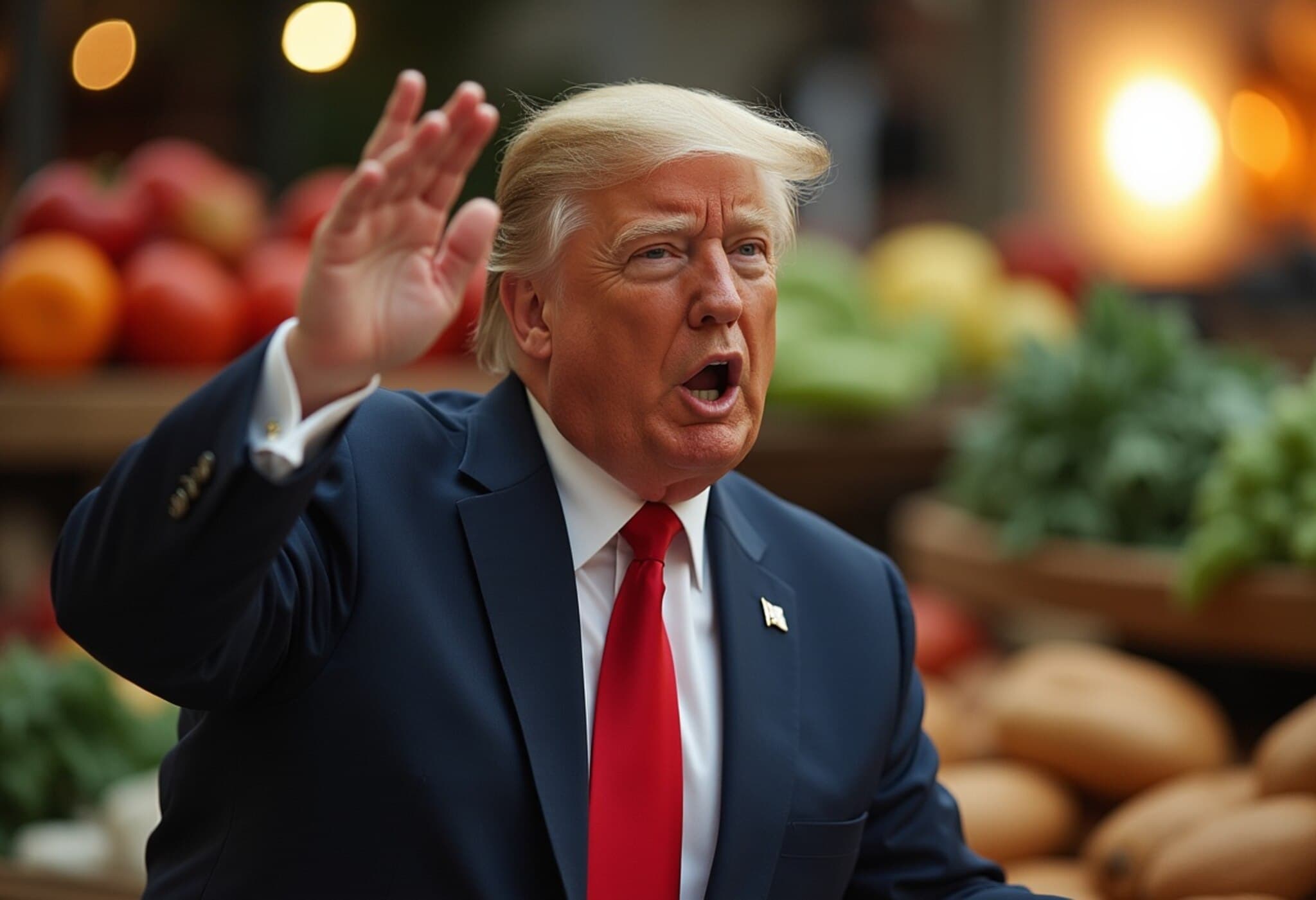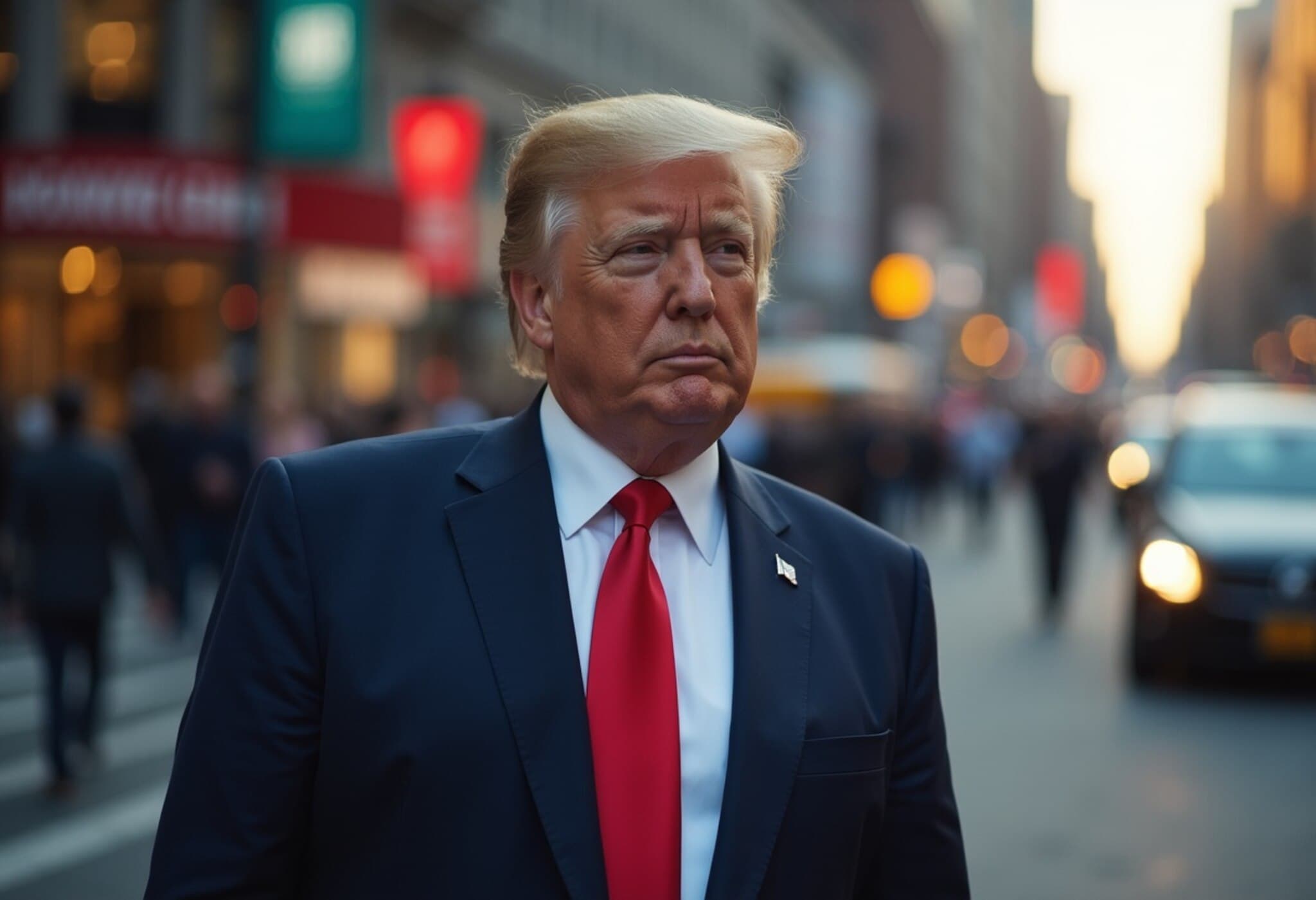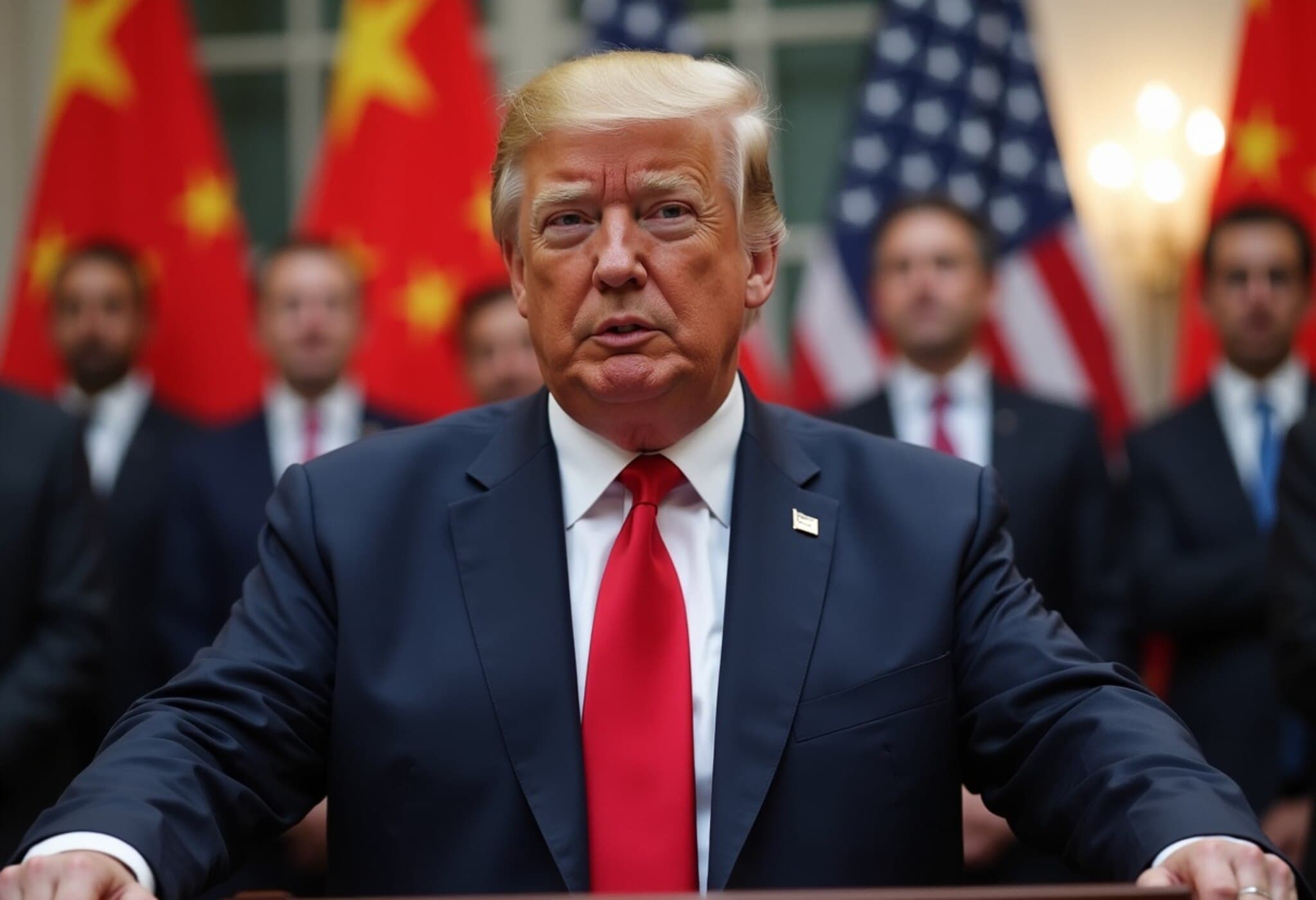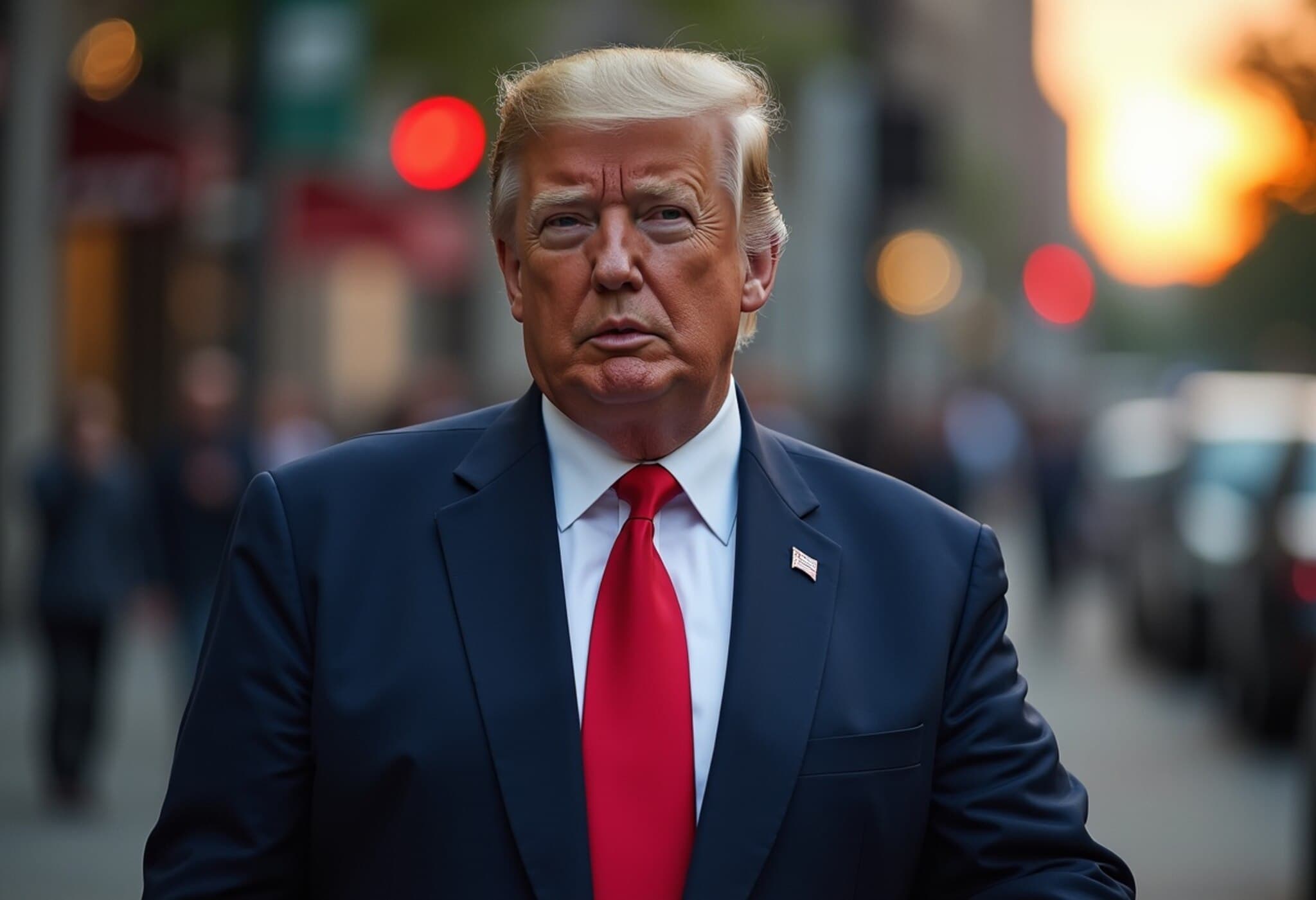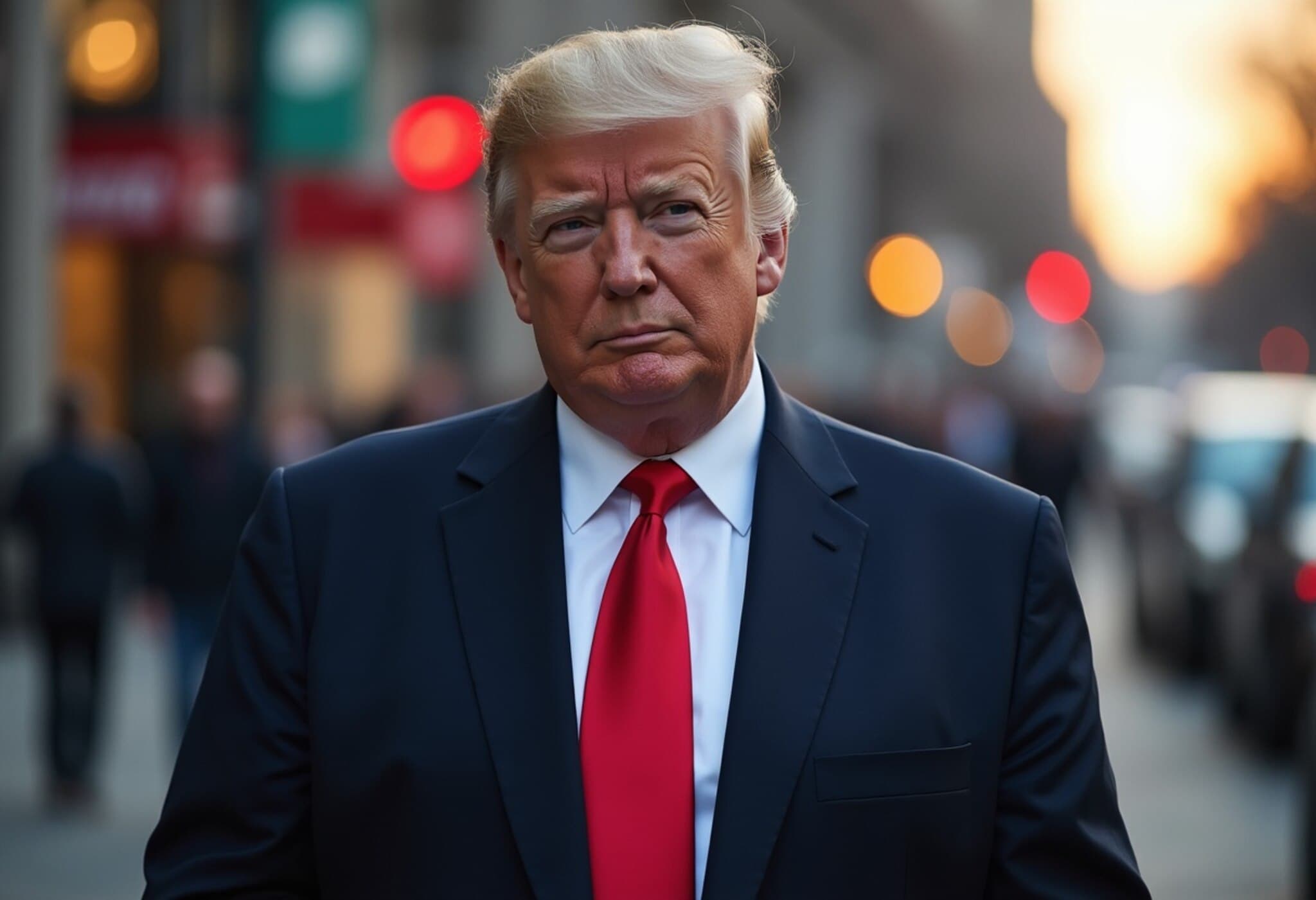Trump Declares US-China Trade Agreement 'Done Deal'
US President Donald Trump boldly proclaimed that a trade deal between the United States and China is finalized, following two days of intense negotiations in London. Posting on his social media platform, Trump claimed the agreement was “done,” pending just the final approval from both himself and Chinese President Xi Jinping.
China Offers a More Cautious Perspective
Conversely, Chinese officials described the outcome as a framework aimed at implementing a prior consensus reached during phone and Geneva talks earlier in June. They emphasized that while discussions were professional and thorough, a complete deal has yet to be signed by either leader.
Core Elements of the Agreement
The heart of the consensus involves a 90-day suspension of most tariffs exceeding 100% that had been imposed by both nations amid their protracted trade war. Trump further highlighted commitments from China to supply essential rare earth materials up front, which are critical for US technology and defense industries.
Additionally, the US is reportedly agreeing to allow Chinese students access to American universities, a gesture Trump noted with approval.
Mixed Reactions and Lingering Doubts
Despite Trump’s enthusiastic announcement, the response from skeptics has been tempered. Many questioned the premature nature of declaring a “done deal” before official signatures or full details are available. Comparisons surfaced likening the claim to saying you’ve completed a marathon when only a small portion remains.
The trade negotiations have been fraught, with both sides leveraging key economic assets. China previously restricted rare earth exports to the US following tariff hikes, while the US retaliated by limiting exports of critical components and threatening student visa restrictions.
Who’s Yielding Ground?
It remains unclear which side is making concessions. Supporters of Trump argue China has finally “bent the knee,” while critics contend the president is retreating from the aggressive trade war his administration ignited. Without a detailed account or the text of the proposed deal, uncertainty continues to cloud the announcement.
Market and Public Response
Financial markets appeared cautious, responding minimally to the news, reflecting broader doubt regarding the deal’s finality. This skepticism is fueled by Trump’s past habit of making bold promises that failed to materialize fully, from foreign policy to economic initiatives.
Looking Ahead
The world now awaits the official sign-off and specifics of the trade agreement. Until all parties provide clarity, the US-China relationship remains a delicate balancing act, with significant implications for global commerce and diplomacy.

